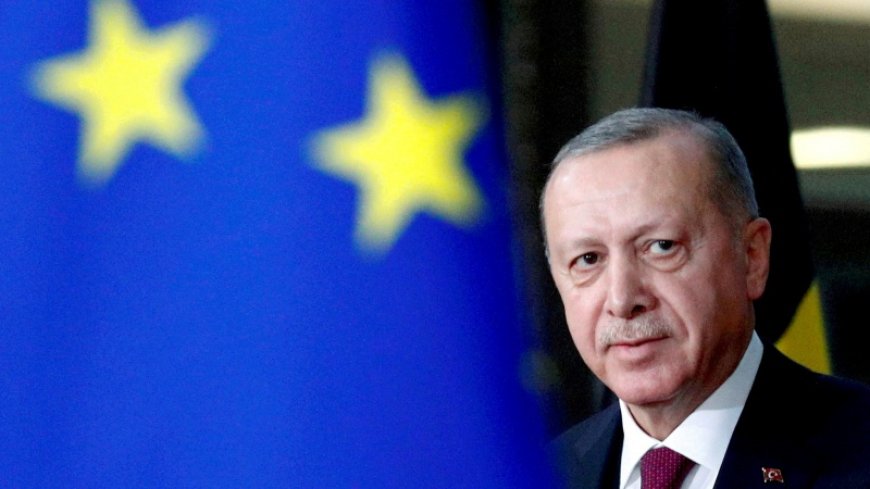Reluctance of Western countries to Europeanize Turkey
While Turkish authorities have launched new efforts to join the European Union, new polls show that citizens of European countries are against Turkey joining the European Union.

The results of a new survey indicate that the majority of EU citizens oppose Turkey's accession to the European Union. The results of a new poll from the European Council on Foreign Relations (ECFR) show that only a small number of EU citizens favor Turkey's accession. In the meantime, it is worth considering the position of the states of Central and Eastern Europe against Turkey's entry into the European Union. For example, 60-65% of the population of Poland and Romania are against Turkey joining the EU. Meanwhile, residents of Bulgaria, Poland and Romania, after the devaluation and reduction in prices of basic goods in Turkey, travel to this country every day and buy the goods they need in this country. It is worth reflecting that ten years ago the governments and peoples of this region advocated for Turkey to join the European Union. At the same time, the people of Central European countries oppose Turkey's accession to the EU, and another significant group of citizens of Austria, Germany, France and Denmark also oppose Turkey's inclusion in the EU. Since 1964, the Ankara authorities have been trying to become a member of the EU and in this direction are taking steps to change the laws and culture of Turkish society. Despite almost 70 years of efforts by Turkish politicians, they have failed to implement the wishes.
This is while Turkey was able to become a member of some European institutions such as the European Union Customs Union. This means that European governments are keen to take advantage of cheap Turkish goods, but do not accept the Muslim country into the EU. Such Western policies have been so prominent over the past seven decades that some Turkish political scientists considered the EU to be a special club of Christians. The head of the Modern Turkey program at the French Institute of International Relations, Dorothe Schmid, noted ten years ago: “The term “Christian club” is mainly used by Turkish politicians and analysts. In fact, there is no mention of religion in the text of the European Constitution. But this issue has been raised by public opinion "The European Union. Today, polls show that only 30% of European citizens support Turkey's accession to the EU." By the way, we should not ignore the fact that the Turkish authorities, after verbal tensions with European governments over the past two decades, have recently tried to open another new path for rapprochement and normalization of the country's relations with European countries. The latest moves by the Turkish government have been to try to build a sea bridge between that country and Greece so that cars can easily travel across the bridge.
The Turkish government is also trying to expand its relations with some other powerful EU countries, i.e. with Germany, France and Italy. The Turkish government's actions were again put on the agenda with former British Prime Minister David Cameron earlier saying: "Turkey is unlikely to become a member of the European Union before the year 3000." The authorities of the three powerful countries of the European Union, i.e. Germany, France and Italy have always been critical of the foreign policy of the government of Recep Tayyip Erdogan and Turkey's approach to issues such as human rights, immigration, the rights of women and minorities, withdrawal from the Istanbul Convention, neglect of financial transparency, lack of freedom of expression and the extent to which the principle of separation of powers is implemented . Given these facts, Turkey has called for the resumption of negotiations on accession to the EU at a time when leading European powers have shown no desire to address this issue. The recent statement by Mehmet Şimşek, as one of the most important cabinet ministers of the Erdogan government, regarding the European Union reflects the fact that over the past two decades the Ankara authorities have shown reluctance to join the European Union. But behind the scenes they tried and lobbied to convince European leaders.













































